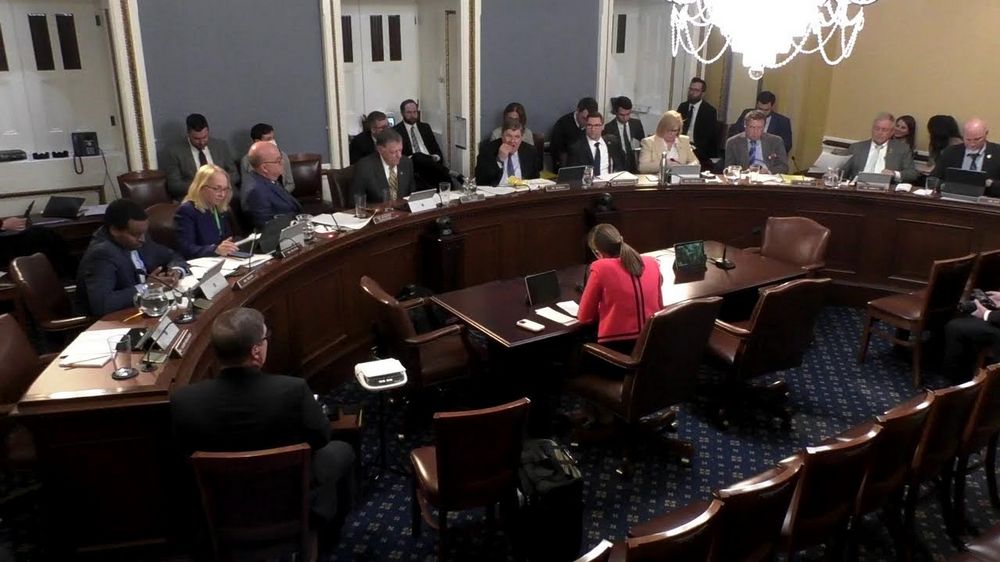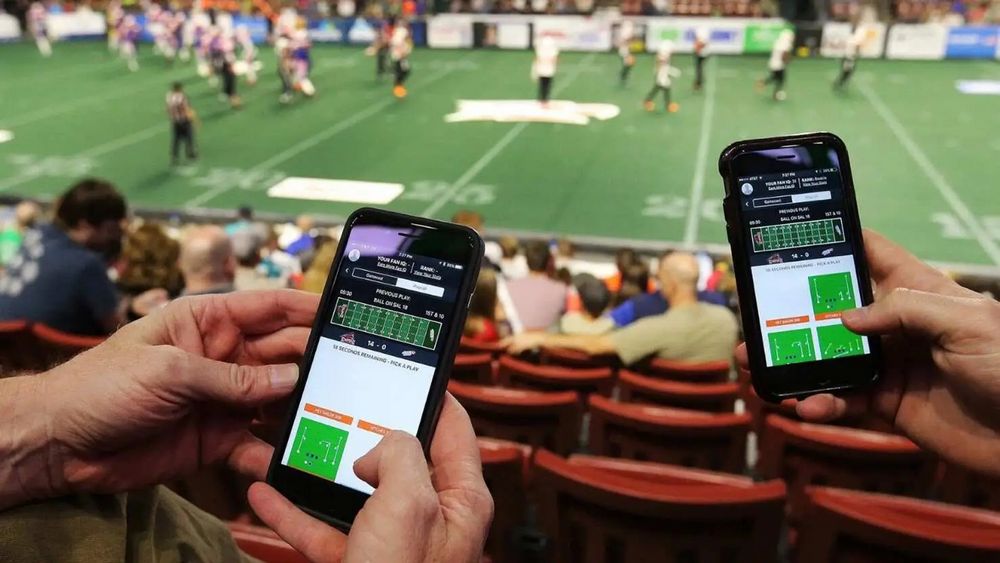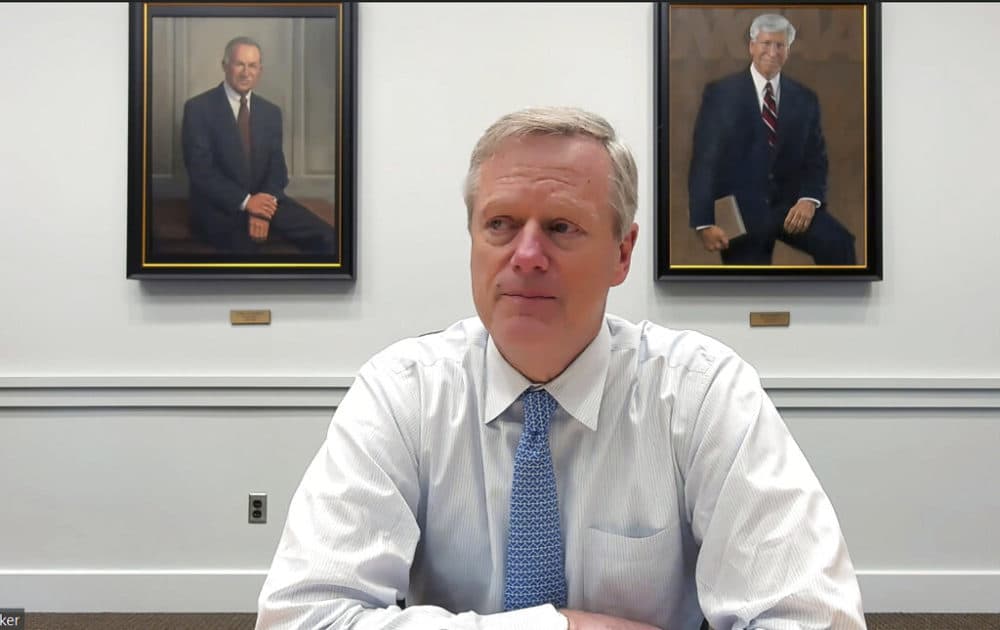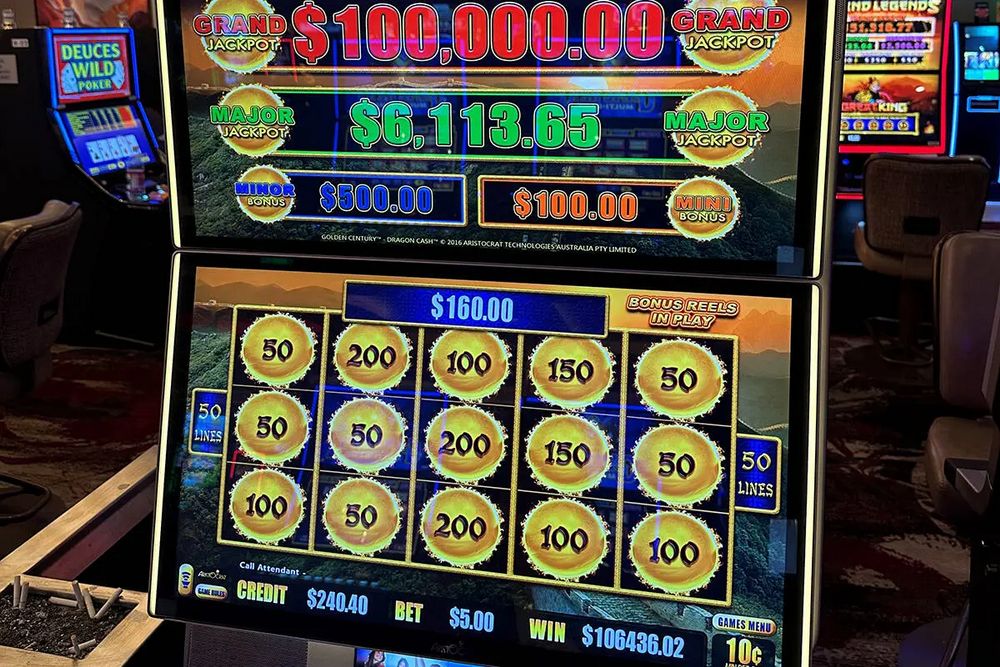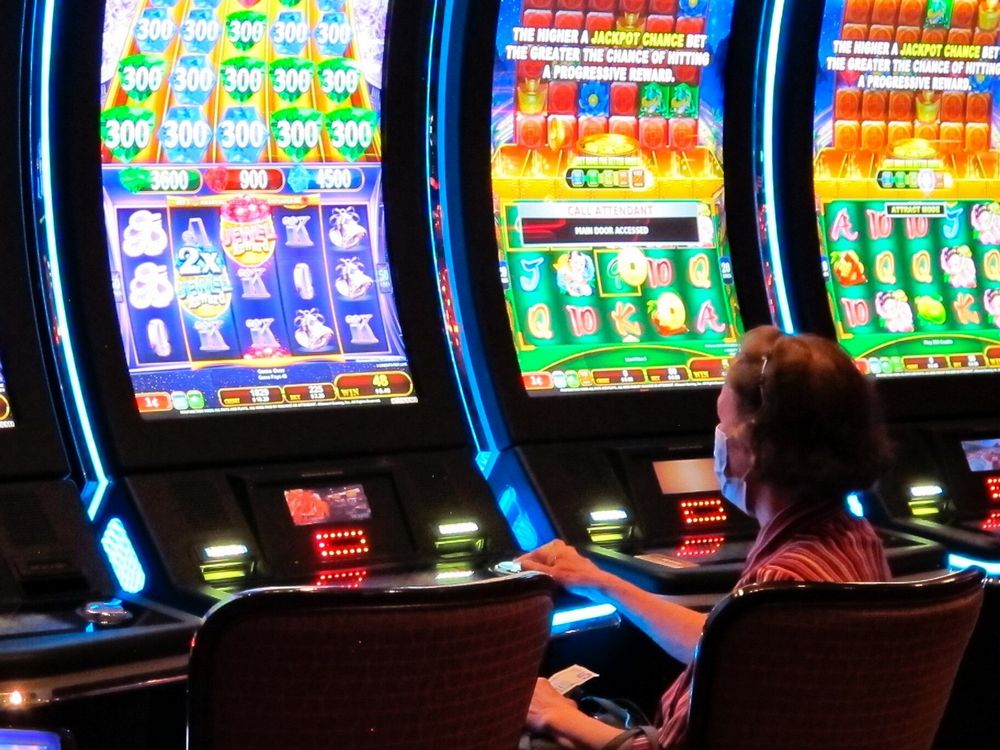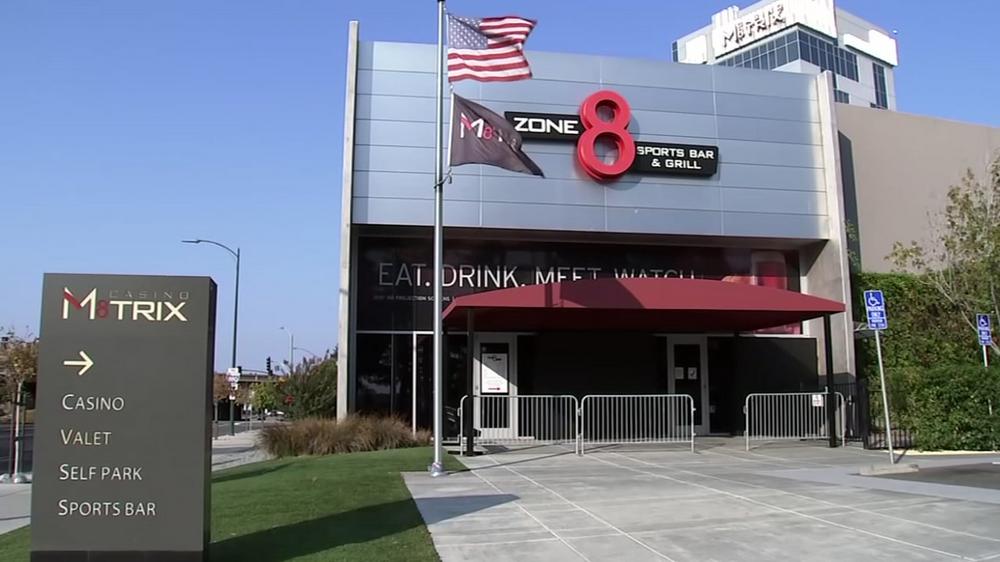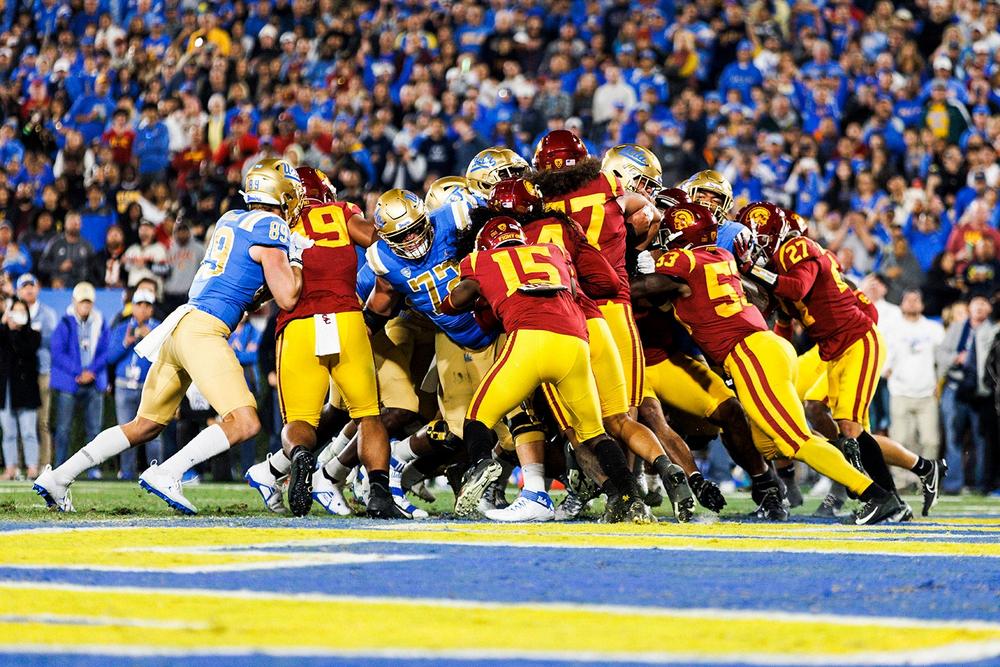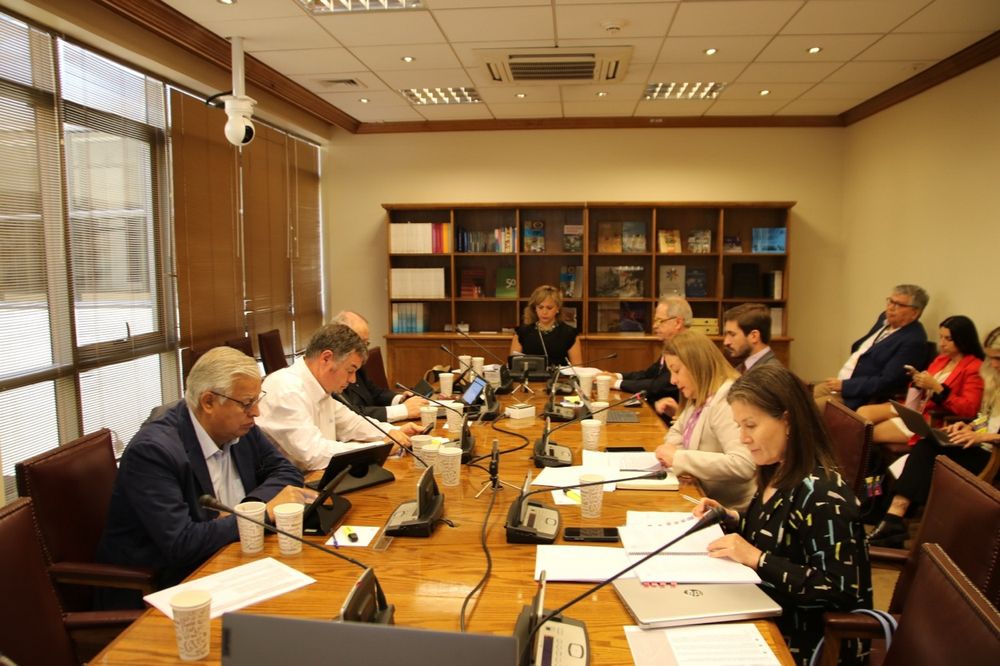San Jose, California – In a move that’s raising eyebrows across the Golden State, the San Jose City Council voted unanimously this week to cut annual regulatory fees for its two licensed cardrooms, Bay 101 and Casino M8trix, dropping the bill from $1 million to $857,000 each. While that trims nearly $440,000 in city revenue, officials say the cut reflects “regulatory overlap” with state agencies.
To make up for the shortfall, City Hall will eliminate two civilian positions in the San Jose Police Department’s Gaming Control Division, including a senior auditor and a licensing specialist. Police union reps are fuming, warning that lighter oversight could open the door to crime and saddle officers with even more responsibilities. “This is a risky play when we’re already stretched thin,” said Steve Slack, president of the San Jose Police Officers’ Association.

The fee rollback lands right as the tribal gaming showdown heats up. California tribes, citing their exclusive gaming compacts, are suing cardrooms under the SB 549 law passed in 2024. But earlier this month, U.S. District Judge Lauri Damrell issued a preliminary ruling siding with the cardrooms, finding that federal IGRA law trumps the state’s claims.
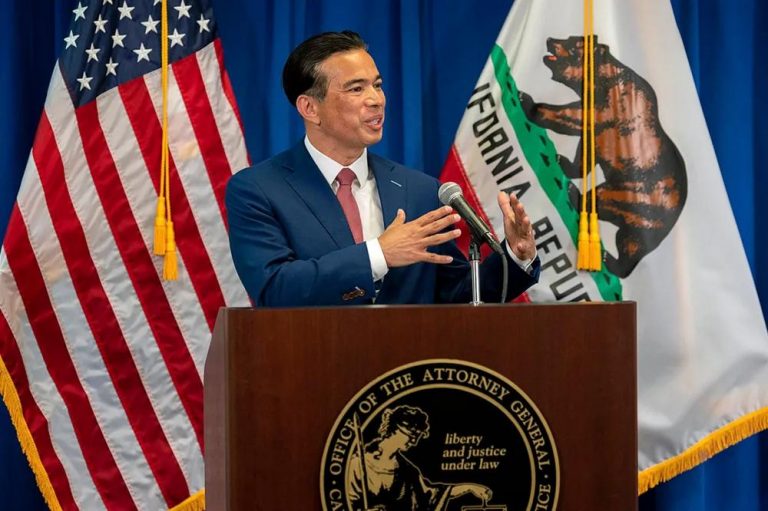
Meanwhile, California Attorney General Rob Bonta is tightening the screws. His office has rolled out tougher restrictions: banning blackjack-style games, limiting third-party dealer services, and mandating player rotation as dealers. Industry estimates say the crackdown could cost up to $464 million in revenue and 5,000 jobs over the next decade.
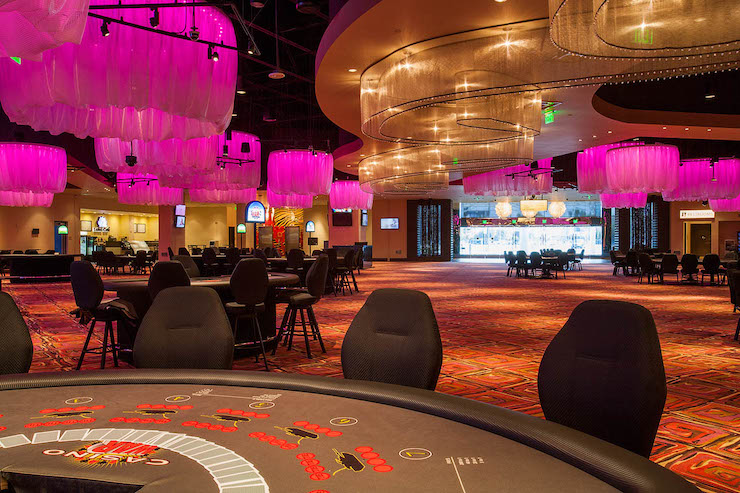
For Bay 101 and Casino M8trix, the city’s fee relief is a rare breather. But critics argue San Jose is sending mixed signals—cutting back on oversight at the exact moment state leaders and tribes are demanding stricter rules.
With millions in tax revenue, thousands of local jobs, and the future of California’s cardroom industry on the line, San Jose’s move could be the opening shot in a much bigger fight. Whether this decision proves to be a savvy play or a costly bluff will depend on how the courts—and voters—call the next hand.










